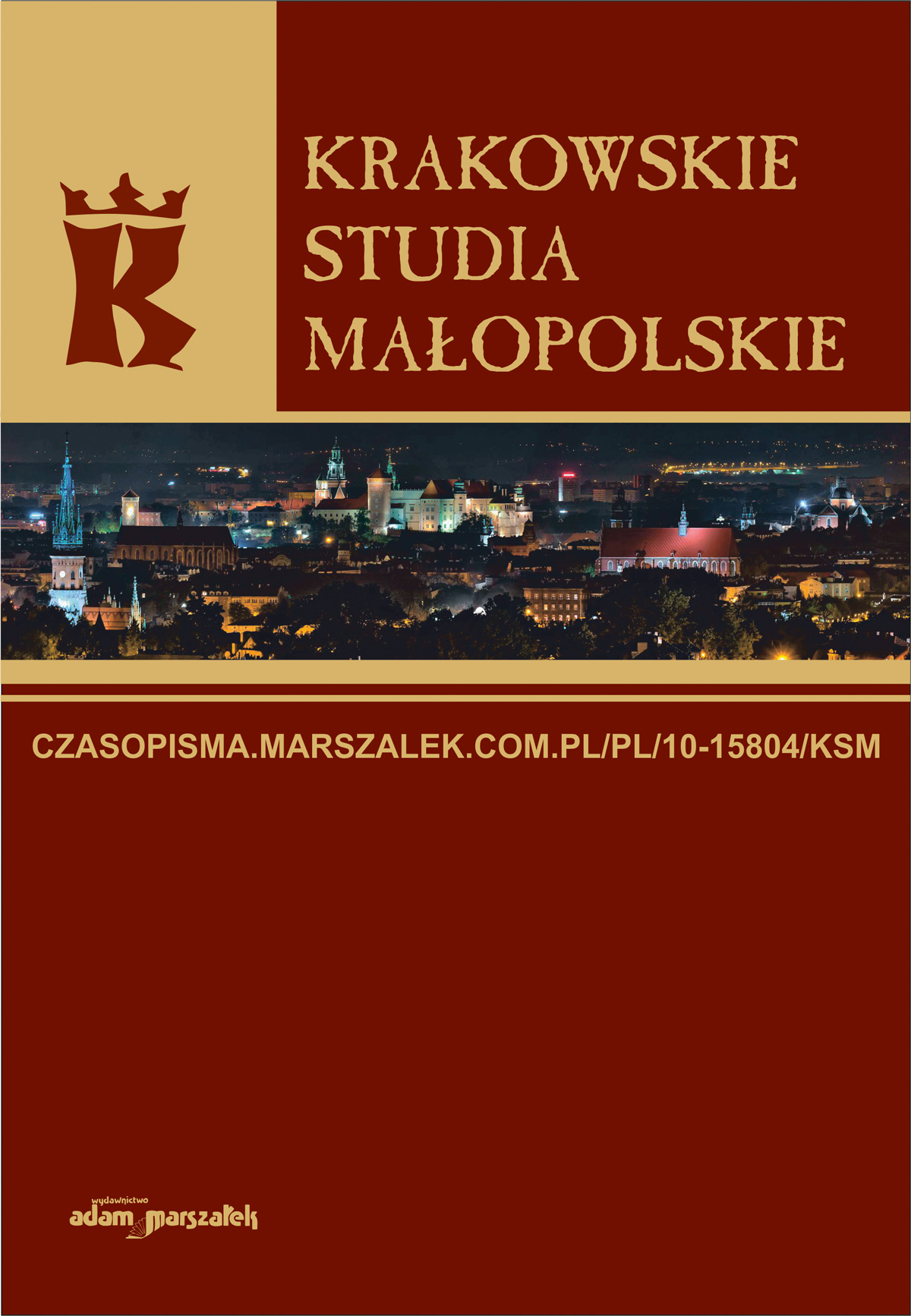Rozwiązania na rzecz integracji dzieci i młodzieży
w szkołach krakowskich po wybuchu wojny
w Ukrainie. Wnioski z badania pilotażowego
Solutions for the integration of children and youth in Cracow’s schools
after the outbreak of war in Ukraine. Conclusions from the pilot study
Author(s): Magdalena StochSubject(s): School education, Educational Psychology, Migration Studies, Ethnic Minorities Studies
Published by: Wydawnictwo Adam Marszałek
Keywords: migration; education; intercultural assistant;
Summary/Abstract: The article presents the conclusions of a pilot survey study conducted in Cracow in September 2022. The author makes a diagnosis of educational activities undertaken in the municipality of Cracow, in the period from February 25 to June 30, 2022 (in the first four months from the outbreak of the war in Ukraine). She confronts them with the conclusions of in-depth interviews conducted with experts in the field of integration. Solutions regarded as “good practices”, such as additional Polish language lessons, psychological and pedagogical assistance, educational departments and intercultural assistantship, are rated the best. However, children and young people with refugee experience have little chance of learning the language, culture and geography of their country of origin. We can also indicate a few critical moments of the integration process (so-called rich points) that generate tensions in intercultural communication. These include ambivalent attitudes towards migrant children, youth and their parents. On the one hand, representatives of the majority of society show empathy and provide real help, on the other hand, they accuse migrants of being demanding and indecisive. The most difficult situation is currently faced by young people who do not know the Polish language and are forced to take exams in this language at the end of subsequent stages of education. This age group is particularly vulnerable to marginalization. The conclusions from the study also indicated areas requiring further, in-depth evaluation.
Journal: Krakowskie Studia Małopolskie
- Issue Year: 1/2023
- Issue No: 37
- Page Range: 41-77
- Page Count: 17
- Language: Polish

